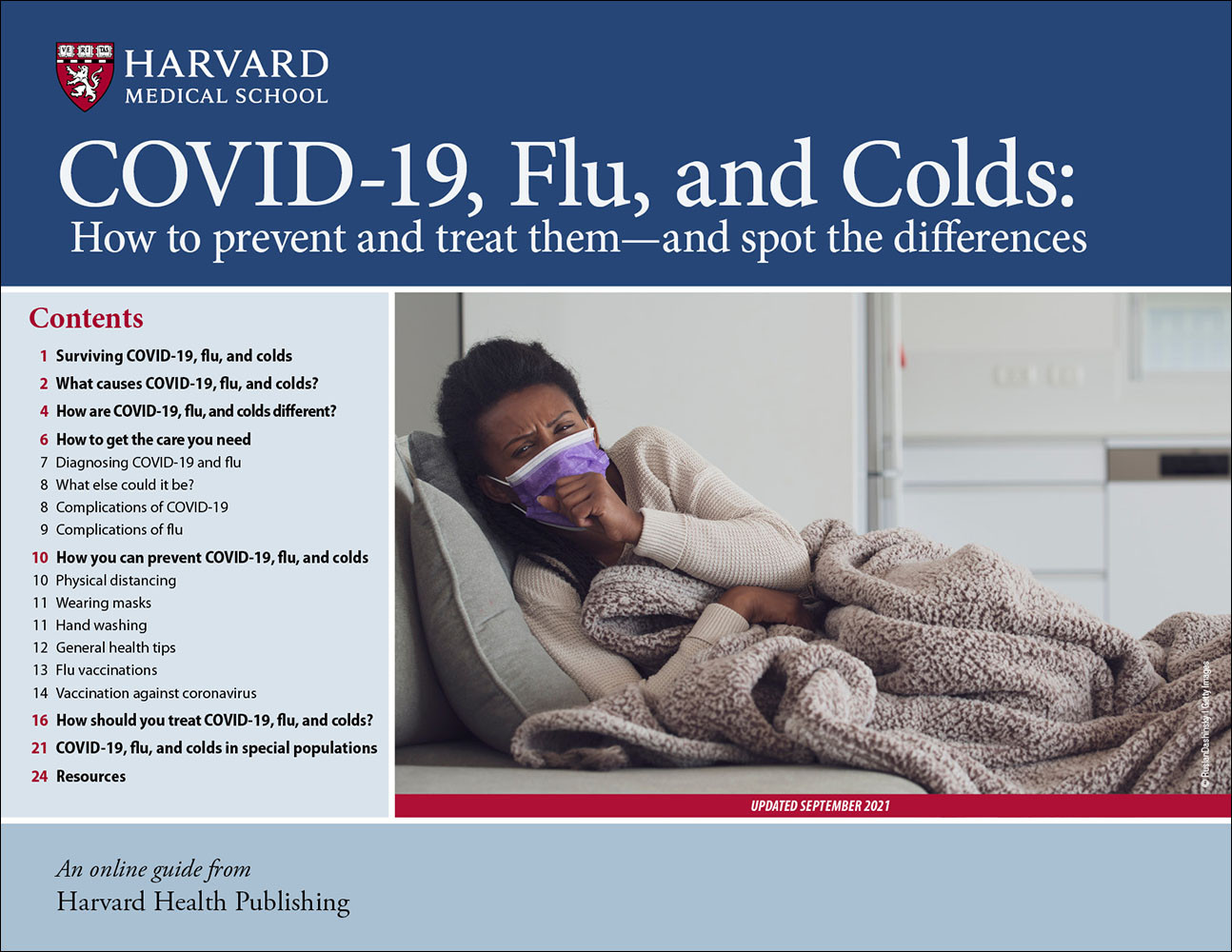Two bad reasons for not getting a flu shot

We're nearly a full month into fall, and flu season. You may have gotten a notice from your doctor that you can get a flu shot in his or her office. You pick up a prescription and the pharmacist mentions that flu shots are available at the pharmacy. Or your workplace offers a flu shot clinic. Yet you haven't taken advantage of these offers. And you aren't alone.
Two common reasons people give for avoiding the flu shot are 1) it will give me the flu and 2) it won't work. Neither are accurate.
Who should get a flu shot?
The Centers for Disease Control and Prevention recommend that starting at age 6 months, everyone should get the flu vaccine each year. Vaccination is especially important for people who are prone to serious or deadly complications from the flu. This includes young children, pregnant women, older adults, and people with chronic health conditions like heart disease, diabetes, and asthma.
Getting vaccinated against the flu can't give you the flu. Vaccines given by a shot are made with flu viruses that have been killed or made unable to replicate in humans. Flu vaccines given as a nose spray contains weakened (attenuated) flu viruses that can't survive the warmth of the lungs, so it can't flourish and cause the flu.
In some people, the flu vaccine causes side effects. These include discomfort where the shot was given, low-grade fever, and achiness. These side effects can make you feel crummy for a day or two, but it's not the flu. Some people may coincidentally come down with a cold soon after getting the shot (it's happened to me) and confuse cold symptoms with the flu.
Skepticism about the flu vaccine's effectiveness is understandable, but isn't a good reason to skip it. There are dozens of different flu viruses. Long before flu season begins, experts must guess which ones will be most prominent the following flu season. This changes from year to year, which is why you need a flu shot every year.
Vaccines are created to protect against the three or four mostly likely culprits. Some years the guesses are good and the vaccines are quite effective. Other years the guesses aren't so good and the vaccines aren't as protective as they could be.
The flu vaccine may be imperfect, but it's still worth getting. Here are three reasons why:
- It may keep you from getting the flu.
- If you do get the flu, you may not get as sick as you would have gotten without the vaccine, or you may be less likely to develop serious complications like pneumonia.
- If you don't get the flu, you can't pass it on. So you will help keep other people from getting sick—including those who may become seriously ill or die from flu complications.
All that said, there are some people who must be cautious about getting a flu shot. Children younger than 6 months are too young for the shot. People with egg or other allergies need to check with their doctors before getting the vaccine—as should anyone who has had Guillain-Barré Syndrome (a neurological illness).
If you have the all clear to get a flu shot, they are widely available. You can get one at your doctor's office or your local pharmacy. Many hospitals and workplaces also offer flu shots. If you need help locating a place to get vaccinated, go to the HealthMap Vaccine Finder, created by a team of researchers, epidemiologists, and software developers at Harvard-affiliated Boston Children's Hospital.
In addition to getting a flu shot, follow common sense precautions to avoid the flu. Avoid close contact with sick people if you can; wash your hands often and thoroughly; if you're sick stay at home; use a tissue to cover your mouth when coughing or sneezing then throw it away; avoid touching your eyes, nose, and mouth—germs spread easily this way; and clean common surfaces like doorknobs and phones.
Disclaimer:
As a service to our readers, Harvard Health Publishing provides access to our library of archived content. Please note the date of last review or update on all articles.
No content on this site, regardless of date, should ever be used as a substitute for direct medical advice from your doctor or other qualified clinician.
















